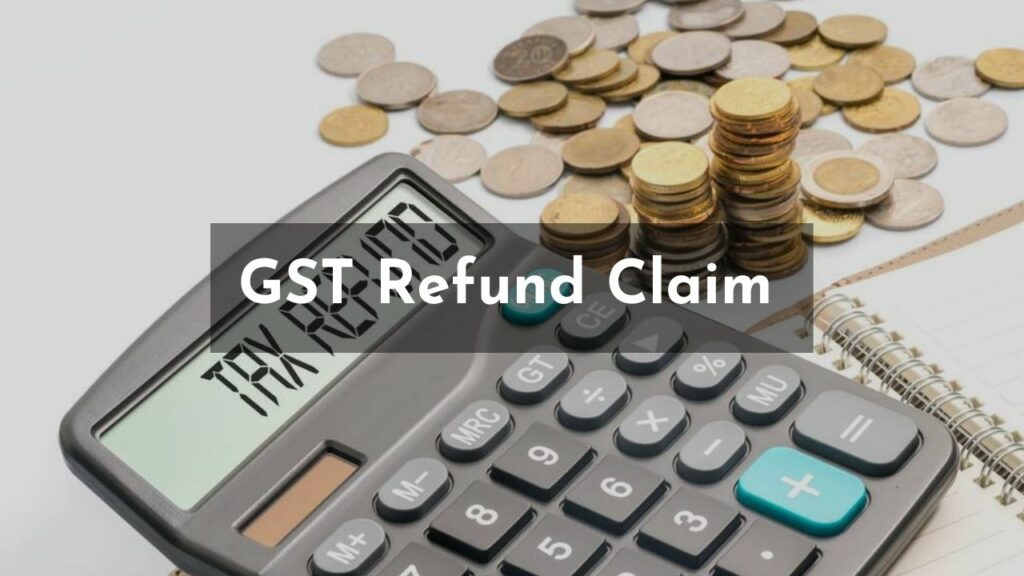Introduction
In your GST accounting, deposits and down payments often raise questions: When can you claim the input tax? What conditions must be met? This article walks you through the common scenarios, IRAS’ rules, and best practices.
Key Principle: Claim GST Only on Supply
You can claim input tax only when a supply is made. That means you can’t immediately claim GST on every deposit or down payment you make. Instead, you claim:
-
When the deposit is retained or forfeited (i.e., becomes part of the supply)
-
Or when the supplier issues a tax invoice and the supply is performed
In short, IRAS requires a link between the payment and the actual supply of goods or services.
Scenario 1: Deposit Keeps You in the Deal
If you make a deposit to secure a contract or reservation, but the contract ultimately proceeds, that deposit is part of the payment for the supply. In that case, you can claim GST when:
-
The supplier issues a tax invoice, and
-
The goods or services are supplied
Until then, you wait — you don’t claim GST on that deposit up front.
Scenario 2: Deposit Forfeited / Not Part of Final Payment
If for some reason the deal falls through and the deposit is forfeited (i.e., the supplier retains it without supplying anything), then that deposit becomes payment for a supply. In that situation, you can claim input tax when the deposit is forfeited (since at that point it functions like the final consideration).
Scenario 3: Advance Payment / Down Payment
When you make a down payment or advance payment before goods or services are delivered:
-
You can’t always claim input tax immediately
-
You should wait until the supplier issues a tax invoice and the actual supply is made (or when the amount is recognized as part of the supply)
-
If the advance payment is adjusted or refunded, your claim should reflect the net amount actually used toward the supply
Important Conditions & Caveats
-
The tax invoice must clearly reflect the GST component and the supply.
-
Ensure that the supplier is GST-registered, and that the goods/services are for your business use.
-
If the deposit is subject to changes, cancellations or refunds, you must adjust your claim accordingly.
-
In some cases, scheduling, timing, or contractual terms may affect when a supply is deemed to occur — which in turn affects when you can claim.
Best Practices
-
Document contracts, invoices, and correspondence clearly so the link between deposit/down payment and supply is well established.
-
Review refund / cancellation clauses and how GST is treated there.
-
Coordinate with your supplier to ensure invoices are issued promptly.
-
Adjust your accounting during close periods to reflect where and when the GST becomes claimable.
Summary
Deposits and down payments fall into a gray area in GST accounting. You can’t always claim input tax immediately. You must tie the payment to an actual supply — either via issuance of a tax invoice, the delivery of goods/services, or forfeiture of deposit. By following the guidelines above and staying careful with documentation, you ensure your GST claims remain valid and compliant.
Disclaimer: This article is for informational purposes only and does not constitute any professional advice. Feel free to contact us to consult with our professional advisors team for personalized advice and guidance.




